If the science fiction I read is any guide, the solution to any problem is: violence! Whatever the context—first contact, zombie outbreak, meteor impact, or a stalled escalator—there’s nothing like clawing one’s way to survival over a heap of bodies.
Indeed, the violent solution is so expected that readers can be surprised by a plot that avoids it…
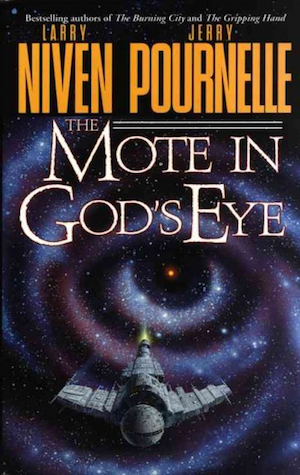
Consider the venerable The Mote in God’s Eye. (So old that we don’t need to avoid spoilers, right?) It was an unexpected plot twist that the Empire of Man, though capable of turning whole worlds into parking lots, didn’t incinerate the dangerous alien Moties. The Empire settled for a solution (well, perhaps “response” is more apt)… a response that kicked the can down the road in the hope that a non-genocidal solution might be found.
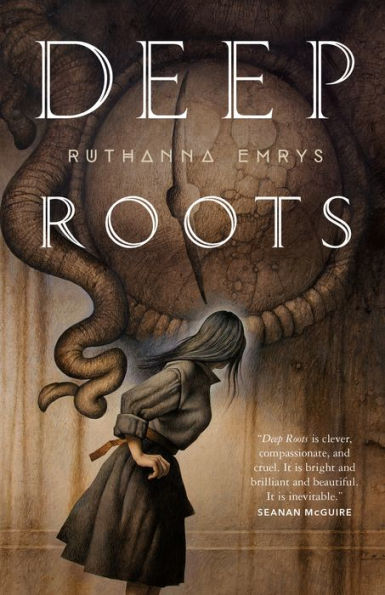
In Ruthanna Emrys’ Deep Roots—the second work in her Innsmouth Legacy series, following Winter Tide—it’s the aliens who save the day, or at least try to do so. Protagonist Aphra Marsh is almost the last of her kind thanks to U.S. government persecution (violence = solution), when benevolent aliens intervene. It may not work out as planned, but they meant well.
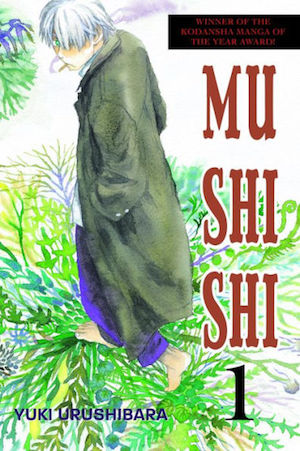
Yuki Urushibara’s manga Mushishi posits an Earth on which the familiar kingdoms of life (plants, animals, and fungi) share the world with the protean mushi. Most humans cannot see mushi, but mushi’s effects on the world can be all too apparent. Ginko is one of the lucky few who can perceive mushi, which has landed him with the task of dealing with them on behalf of his species. Since the mushi’s activities can be lethal to humans, it would have been easy for the author to turn Ginko into a supernatural exterminator. Instead, Ginko prefers comprehension and informed co-existence.
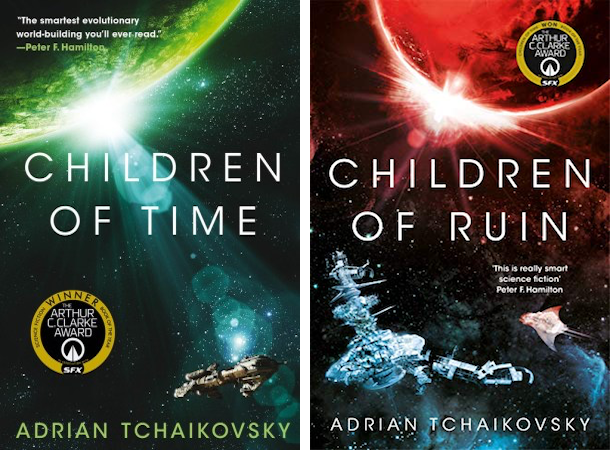
Adrian Tchaikovsky’s Children of Time series—Children of Time and Children of Ruin—features not just one but two terraforming projects whose end results are worlds populated by entities seemingly designed to trigger human phobias. The planet of the intelligent spiders featured in Time is bad enough. Ruin offers not just a civilization of anarchistic octopuses, but true aliens straight out of Who Goes There? One might expect resolutions featuring an abundance of nuclear weapons or a well-aimed asteroid, perhaps. Tchaikovsky’s cast make entirely different decisions.
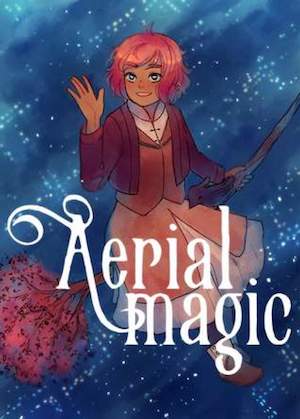
Ari Walkingnorth’s Aerial Magic is secondary world fantasy (whereas her earlier Always Human was near-future SF). Aerial Magic’s protagonist, Wisteria, is (like a lot of fantasy protagonists) a person with a respectable talent for magic, and one grand impediment that lies between them and success. The problem is not, as one might very reasonably expect, some noseless revenant or a would-be overlord determined to kill Wisteria, nor the prospect of a foreign army marching through the streets of Vecrum. Instead, word-blind Wisteria is wrestling with a prospect with which she has little personal experience and for which she has no relevant skills: the possibility of success.
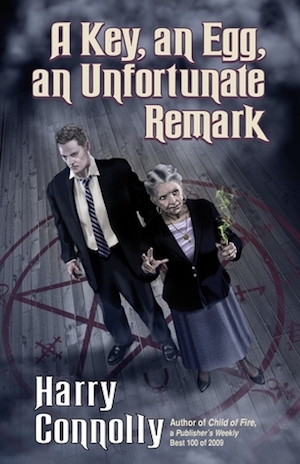
Those of you familiar with Harry Connolly’s 20 Palaces books, a series entirely comfortable with violent solutions, may find his A Key, an Egg, an Unfortunate Remark an interesting change of pace. Protagonist Marley is an older woman who has specialized in solving vexing extra-legal problems (such as ghosts, vampires, werewolves). In the past she exorcised, staked, and shot her way to a solution. Of late she prefers to use persuasion, applied psychology, and money. These tools may be just what she needs to handle her latest problem: a real-estate developer.
I am always looking for more books in this sub-sub-sub-genre, so if you know of any examples not mentioned above, please mention them in comments.
Originally published in August 2019.
In the words of Wikipedia editor TexasAndroid, prolific book reviewer and perennial Darwin Award nominee James Davis Nicoll is of “questionable notability.” His work has appeared in Publishers Weekly and Romantic Times as well as on his own websites, James Nicoll Reviews and Young People Read Old SFF (where he is assisted by editor Karen Lofstrom and web person Adrienne L. Travis). He was a finalist for the 2019 Best Fan Writer Hugo Award, and is surprisingly flammable.










